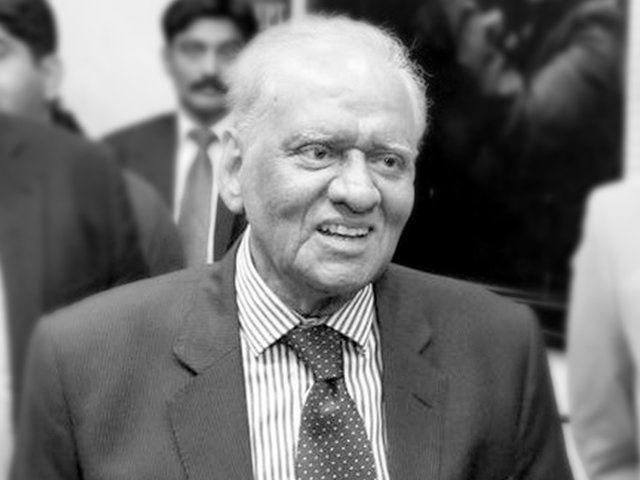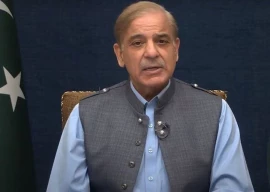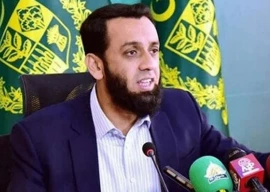
The most controversial event of his career was taking oath under the Provisional Constitutional Order (PCO) promulgated by the then military dictator General Ziaul Haq. The former chief justice, however, got this stain washed after he refused to take another oath under the PCO issued by then chief of army staff general (retd) Pervez Musharraf in October 1999.
“Taking an oath under the PCO, in my opinion, will be a deviation from the oath I had taken to defend the Constitution of 1973,” Justice Siddiqui famously remarked. This led to his house arrest.
Born to a middle class Urdu-speaking family in Lucknow, India on December 1, 1937, he passed his matriculation in 1952 from the Board of Secondary Education of Dhaka – the then East-Pakistan. In 1954, he cleared his intermediate exam in Engineering Science from the University of Dhaka.
Sindh governor Justice (retd) Saeeduzzaman Siddiqui passes away
Initially, he taught undergraduate physics laboratory courses in Dhaka. Thereafter, he moved to Karachi and enrolled to the University of Karachi from where he completed his graduation in philosophy and LLB.
Justice Siddiqui started law practice in February 1961 and was elected as joint secretary of the Sindh High Court Bar Association (SCBA) in 1976. He was elevated as judge of the high court on May 1980, and later appointed as chief justice of the high court on November 5, 1990.
Just after two years, he was elevated to the Supreme Court of Pakistan on May 23, 1992. Finally, he was appointed as the Chief Justice of Pakistan on July 1, 1999. His tenure was also shortened due to his refusal to take the PCO prescribed by Gen (retd) Musharraf to legitimise the Legal Framework Ordinance.
Run for presidency
On August 25, 2008, Pakistan Muslim League-Nawaz and Jamaat-e-Islami unanimously nominated Justice Siddiqui as their candidate for the office of the president to replace Musharraf. He, however, lost the September presidential elections by 79 votes to Pakistan Peoples Party co-chairman Asif Ali Zardari.
Justice Siddiqui was awarded honorary membership of the Judicial fraternity of Australia and Canada after the news of his resignation from the office of the Chief Justice of Pakistan in January 2000, when he refused to take oath under PCO.
Sindh governor refuses to ratify forced conversion bill
He received a letter of commendation from the Judiciary of the United Kingdom and the United States Supreme Court for his stand in the cause of the Pakistan's judiciary. He continued his services in the law field.
International assignments
Justice Siddiqui served as a member of the Organisation of Islamic Council’s Contact Group to investigate the plight of the Muslim minority in Bulgaria in May 1986. He was also awarded an honorary Bar Degree from the Inns of Court.
He served as the Chairman of numerous organisations, some of which are The Council for Foreign Relations Economic Affairs and Law and President of the Poor Patient's Society of Pakistan. He was the Chairman of the World Bank supported Organisation for Alternative Dispute Resolution (Pakistan). From Pakistan, he was also the nominee judge for the International Court of Justice (ICJ) at Hague.


1725030039-0/Untitled-design-(2)1725030039-0-165x106.webp)
1725366721-0/kyle-(1)1725366721-0-165x106.webp)
1731410017-0/BeFunky-collage-(45)1731410017-0-165x106.webp)


1732696613-0/BeFunk_§_]__-(59)1732696613-0.jpg)
1732622842-0/Express-Tribune-(9)1732622842-0-270x192.webp)








COMMENTS (1)
Comments are moderated and generally will be posted if they are on-topic and not abusive.
For more information, please see our Comments FAQ